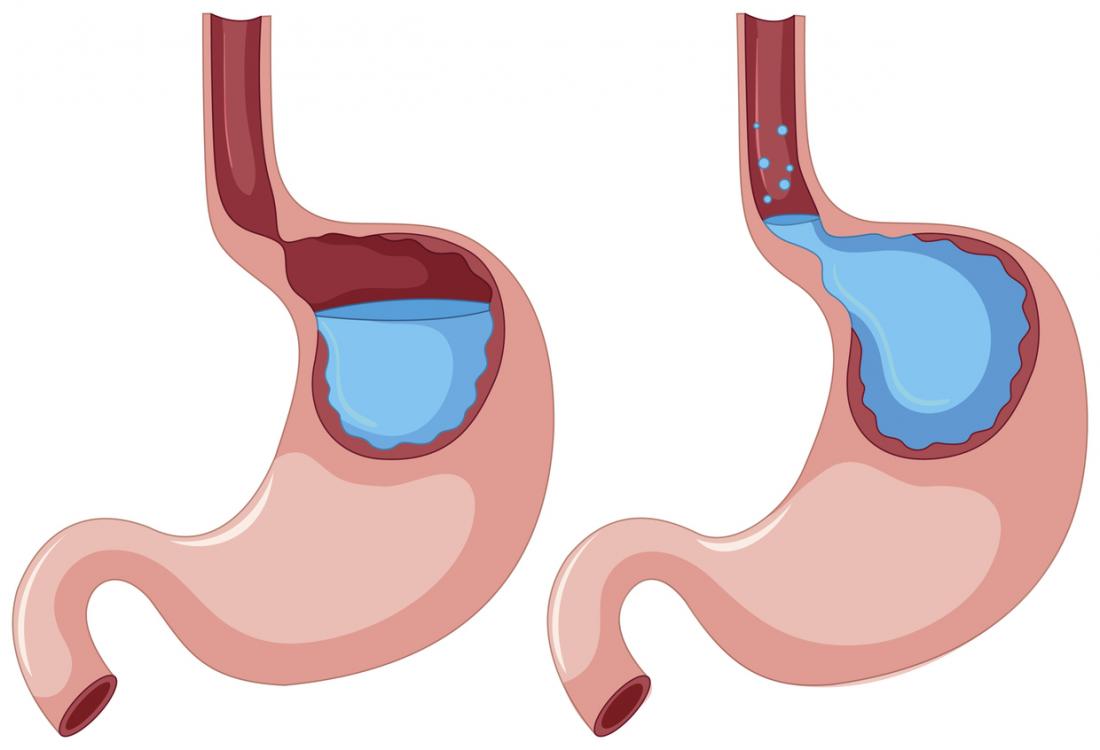Gastroesophageal-Reflux-Disease
The condition known as gastroesophageal reflux disease (GERD) is characterized by the reflux of stomach contents into the esophagus. This happens when the muscle known as the lower esophageal sphincter, which serves as a valve between the stomach and esophagus, doesn't close completely.


 Rated Excellent by 26,523+ Reviews
Rated Excellent by 26,523+ Reviews